
Lorinda Osei Tutu, a Ghanaian student in China Agriculture University(PHD, Development Studies)
Ghana, known for its rich natural resources and thriving rivers, has much to gain from observing successful river resource management strategies worldwide. The Shiyang River in China provides an excellent case study on the diversification of resource management and offers valuable lessons for Ghana to learn from. By adopting these strategies, Ghana can ensure the sustainable utilization of its own rivers (White Volta River Basin) and secure a better future for its people and environment.
The Shiyang River Basin and the Northern Region of Ghana are two distinct geographic regions with unique characteristics. A comparative analysis of these regions reveals similarities and differences in terms of geography, climate, economy, and population. The Shiyang River Basin is located in China’s Gansu Province, covering an area of about 11,000 square kilometers. It is characterized by arid and semi-arid landscapes, with the Shiyang River serving as its main water source. On the other hand, the Northern Region of Ghana occupies an area of about 70,000 square kilometers and is characterized by a mix of savannah grasslands and forested areas. It is drained by the White Volta River and its tributaries.
Both regions experience distinct climatic conditions. The Shiyang River Basin has a continental climate, with hot summers and cold winters. The annual rainfall is low and occurs mainly in summer and autumn. The Northern Region of Ghana, on the other hand, has a tropical savanna climate, with two distinct seasons – a wet season from April to October and a dry season from November to March. The economy of the Shiyang River Basin is largely agricultural, with wheat, maize, and potatoes being the main crops grown in the region. Livestock rearing is also practiced, mainly sheep and goats. In distinction, the economy of the Northern Region of Ghana is more diversified. Agriculture plays a significant role, with the region being a major producer of crops like maize, millet, sorghum, and yam. Additionally, mining, particularly of gold and bauxite, contributes to the region’s economy.
The Shiyang River Basin has a relatively low population density due to its arid environment, with about 380,000 inhabitants. In contrast, the Northern Region of Ghana has a higher population density, with approximately 2.5 million people. The region is home to various ethnic groups, including the Dagomba, Gonja, and Sisala, each with their own cultures and traditions.
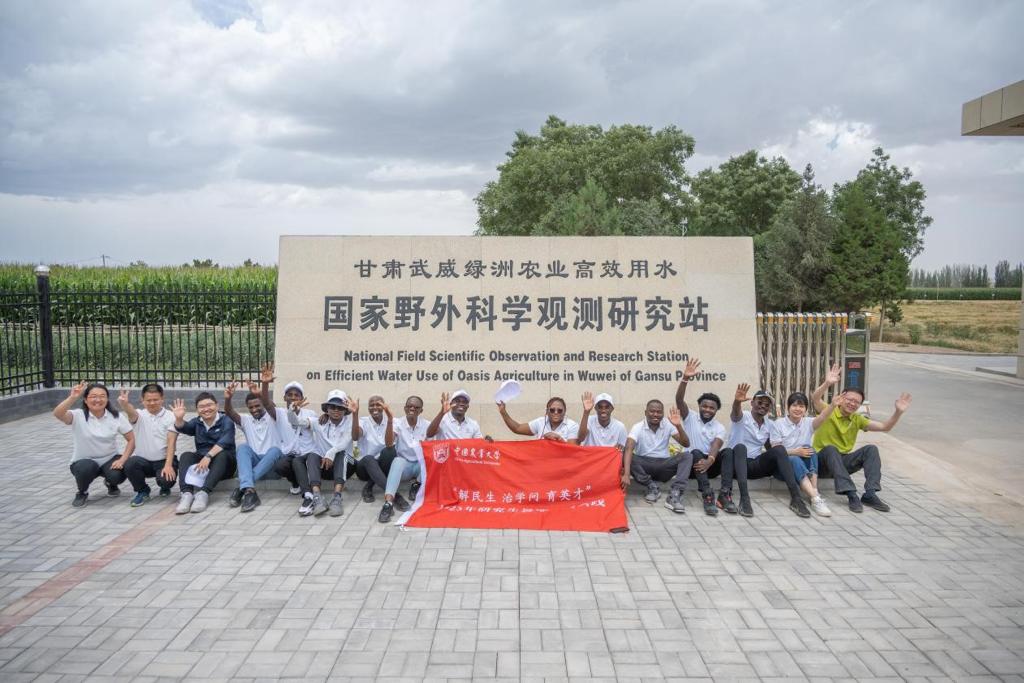
As a result, Ghana has a more reliable water supply and a thriving agricultural industry. The fertile soils in Ghana allow for the cultivation of a wide range of crops, including cocoa, yams, and maize. The country’s moderate climate also provides a conducive environment for agriculture, with consistent rainfall throughout the year. In disparity, the Shiyang River Basin struggles with water scarcity and limited agricultural opportunities. The arid conditions and desert landscapes make it difficult for crops to thrive, and the limited water resources pose a significant challenge for both irrigation and drinking water supply. The arid conditions and lack of water resources make it challenging for crops to grow, and it also affects irrigation and drinking water supply in the region.
These challenges in the Shiyang River Basin have significant implications for the local economy and the livelihoods of its residents. Without sufficient water resources, farmers struggle to cultivate crops and provide for their families. Additionally, the limited availability of drinking water puts a strain on the health and well-being of the population. The stark contrast between the agricultural abundance in Ghana and the arid conditions in the Shiyang River Basin serves as a reminder of the diverse agricultural landscapes found across the globe and the importance of water management in sustaining these ecosystems.
The Shiyang River region in China has adopted a multi-faceted approach to managing its resources, impressively balancing economic development with environmental sustainability. By diversifying their resource management strategies, Shiyang River authorities have fostered a harmonious relationship between nature and human activities. China has successfully implemented innovative techniques and technologies to combat water scarcity in the Shiyang River Basin. By studying their methods, Ghana can gain valuable insights into sustainable water management practices. Additionally, the Northern Region of Ghana faces similar challenges in terms of water scarcity, making China’s strategies directly applicable to this region. By adopting
China’s successful approaches, Ghana can effectively address its water resource management issues and ensure the availability of clean and safe water for its communities.
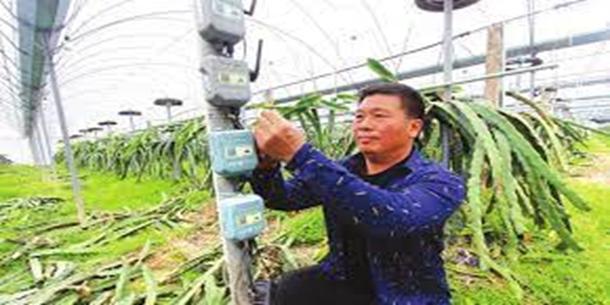
Implementation of smart meters
In order to understand why Ghana should learn from China in terms of water resource management, it is crucial to analyse the role of technology and innovation in improving water management efficiency. One significant example is the implementation of smart meters for monitoring water usage, which has proven to be highly effective in China. These smart meters provide real-time data on water consumption, allowing for better monitoring and control of water resources.
Additionally, China has also embraced advanced irrigation systems for agriculture, which have significantly improved water use efficiency in arid and semi-arid regions like the Shiyang River Basin.
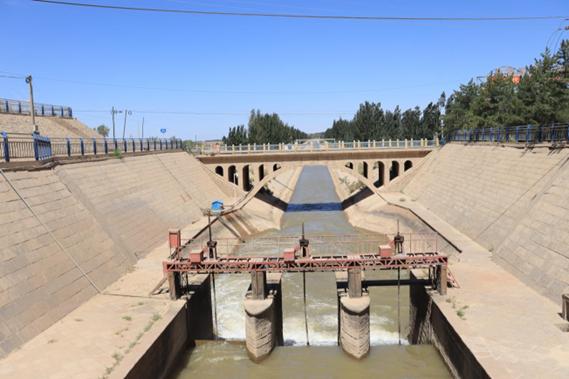
The Hongyashan Reservoir
Furthermore, China’s expertise in large-scale infrastructure projects, such as dam construction and irrigation systems, can greatly benefit Ghana in developing its own water infrastructure. The Shiyang River Basin has successfully implemented such projects to optimize water usage and distribution, which Ghana can emulate to improve its water management efficiency. Moreover, China’s experience in implementing water conservation and awareness campaigns can provide Ghana with valuable insights into educating its population about the importance of water conservation and sustainable usage practises. This knowledge transfer can contribute to long-term water security in Ghana and mitigate the adverse effects of water scarcity on agriculture, health, and overall development. Advanced irrigation techniques, such as drip irrigation and rainwater harvesting, have been widely adopted by farmers, leading to reduced water wastage and increased crop productivity.
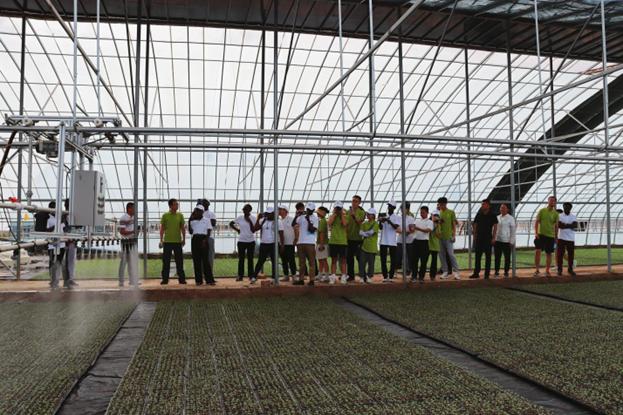
Irrigation System
Moreover, industries in the basin have embraced water recycling and reclamation practices, significantly reduced their water footprint and promoted sustainable industrial growth. For Ghana, with its heavy reliance on agriculture and growing industrial sector, embracing the Shiyang River Basin’s water conservation practices is crucial. By encouraging the adoption of water-efficient technologies and promoting water recycling in industrial processes, Ghana can enhance water productivity and secure its water resources for future generations.
The cornerstone of the Shiyang River Basin’s success lies in its adoption of an integrated water resource management approach. By involving a wide array of stakeholders, including local communities, government agencies, and environmental organizations, the basin has established a coordinated system for water allocation. This strategy prioritizes the needs of agriculture, industry, and domestic use while ensuring that environmental flow requirements are met. Through inclusive decision-making processes, conflicts over water use have been minimized, leading to a more sustainable and equitable distribution system. Ghana, too, can benefit from embracing an integrated approach to water resource management. By fostering dialogue between various stakeholders, including farmers, industries, urban centers, and conservation groups, Ghana can develop a comprehensive water management plan that addresses the needs of all users while safeguarding the health of its ecosystems.
The vital role of the natural environment in preserving water resources has also been recognized. Extensive afforestation efforts have been undertaken to restore degraded landscapes and protect crucial watershed areas. Reforestation efforts have a twofold impact: regulating water flow, reducing soil erosion, and enhancing groundwater recharge, all of which contribute to a more reliable and resilient water supply. In Ghana, where deforestation poses a significant threat to water resources, adopting the Shiyang River Basin’s approach to afforestation and watershed management is essential. Prioritizing conservation efforts and implementing reforestation projects in key catchment areas will help Ghana safeguard its watersheds and ensure a sustainable supply of water for communities and ecosystems.
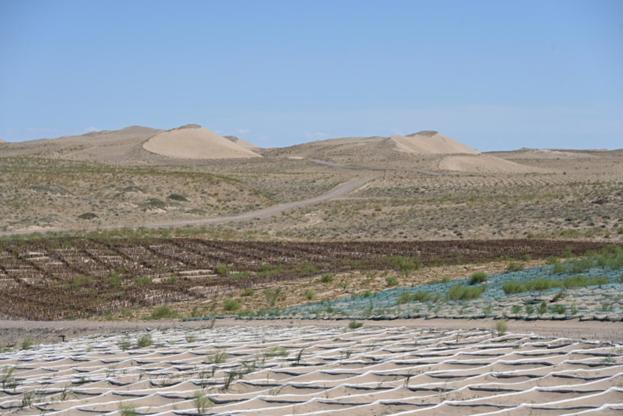
Afforestation Project
Anticipating the impacts of climate change, the Shiyang River Basin has proactively implemented adaptation strategies. Constructing rainwater harvesting systems, water storage facilities, and flood control measures has enhanced the basin’s resilience to extreme weather events, such as droughts and floods. For Ghana, a country increasingly vulnerable to climate change, integrating climate resilience and adaptation measures into water resource management plans is imperative. By investing in infrastructure to manage extreme weather events and adopting climate-smart technologies, Ghana can protect its water resources and communities from the adverse effects of a changing climate. Shiyang River has successfully promoted sustainable tourism along its banks, allowing communities to benefit financially while raising awareness about environmental conservation. Ghana can adopt similar initiatives, developing eco-friendly tourism practices that encourage visitors to appreciate the country’s natural beauty and contribute positively to local communities.
Lastly, to reduce reliance on non-renewable energy sources, Shiyang River is exploring the use of renewable energy, such as solar and wind power. Ghana, with its abundant sunshine and wind resources, can draw inspiration and develop its clean energy industry, thereby mitigating environmental impacts and fostering sustainable development.
As Ghana looks to manage its rivers and resources sustainably, learning from successful cases like the Shiyang River is paramount. By diversifying resource management strategies and embracing sustainable practices, Ghana can strike a balance between economic development and environmental preservation. The implementation of sustainable agriculture, water conservation measures, biodiversity conservation efforts, ecotourism development, renewable energy adoption, and enhanced public participation will position Ghana as a global leader in resource management. Together, with the right strategies and the determination to learn, Ghana can build a prosperous and sustainable future for the generations to come.


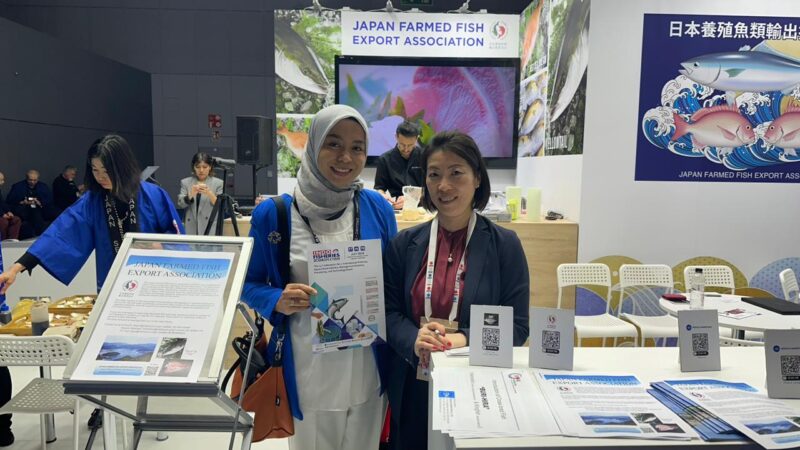

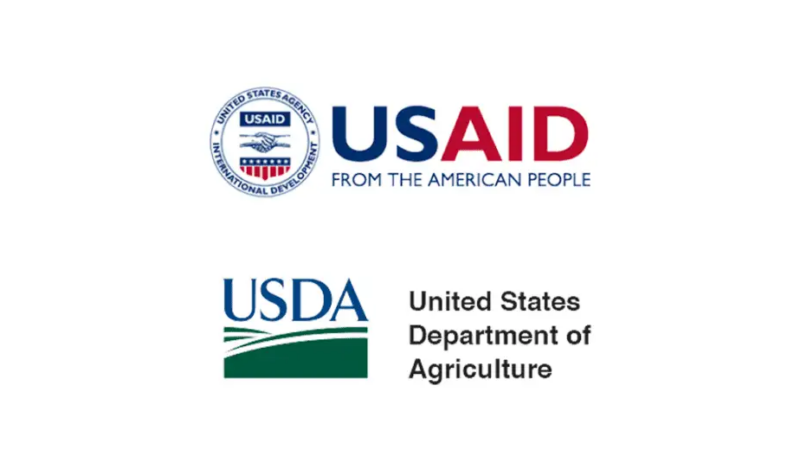

Powerful writeup!!!
Keep the good work up!!!
Congratulations Dr
Best article. Hoping Ghanaians will learn something from this.